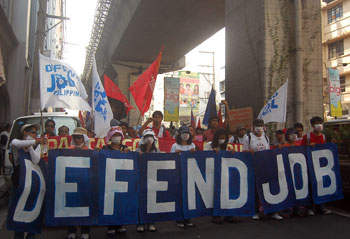
By JANESS ANN J. ELLAO
Finardo Cabilao was known for investigating allegations of abuses committed against OFWs in Malaysia. He often went out on a limb for these OFWs. Relatives, friends and nongovernment groups believe that Cabilao was brutally murdered because of this.









